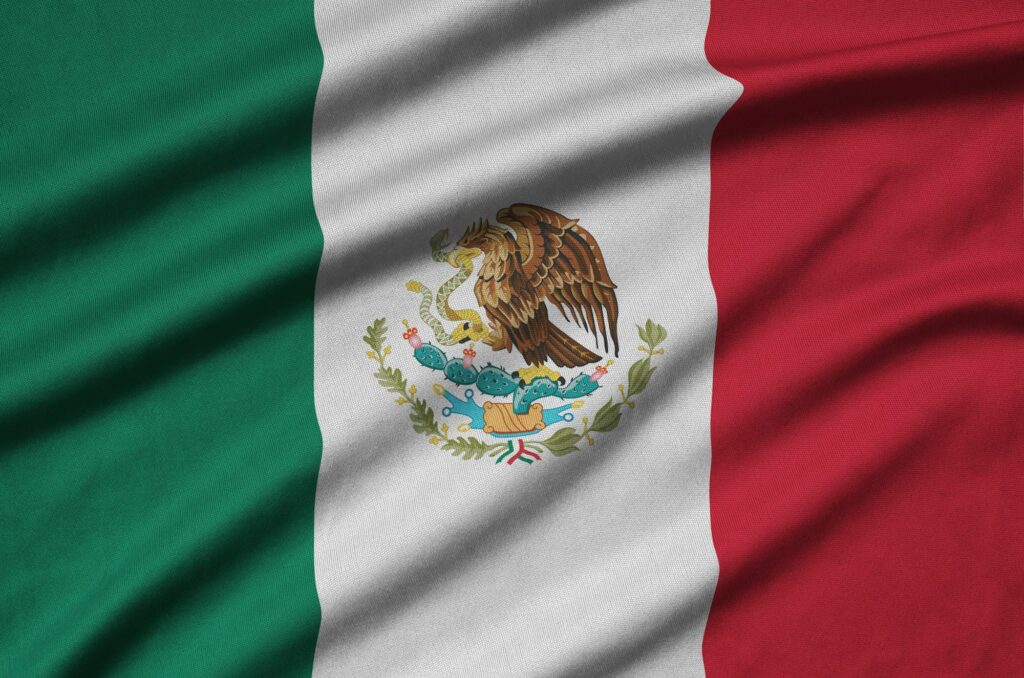Mexico drafts law to regulate AI in dubbing and animation
Creative associations argue that AI threatens jobs as companies adopt automated dubbing tools, with some studios already closing due to competition from AI-driven firms.

The Mexican government is preparing a law to regulate the use of AI in dubbing, animation, and voiceovers to prevent unauthorised voice cloning and safeguard creative rights.
Working with the National Copyright Institute and more than 128 associations, it aims to reform copyright legislation before the end of the year.
The plan would strengthen protections for actors, voiceover artists, and creative workers, while addressing contract conditions and establishing a ‘Made in Mexico’ seal for cultural industries.
A bill that is expected to prohibit synthetic dubbing without consent, impose penalties for misuse, and recognise voice and image as biometric data.
Industry voices warn that AI has already disrupted work opportunities. Several dubbing firms in Los Angeles have closed, with their projects taken over by companies specialising in AI-driven dubbing.
Startups such as Deepdub and TrueSync have advanced the technology, dubbing films and television content across languages at scale.
Unions and creative groups argue that regulation is vital to protect both jobs and culture. While AI offers efficiency in translation and production, it cannot yet replicate the emotional depth of human performance.
The law is seen as the first attempt of Mexico to balance technological innovation with the rights of workers and creators.
Would you like to learn more about AI, tech and digital diplomacy? If so, ask our Diplo chatbot!
